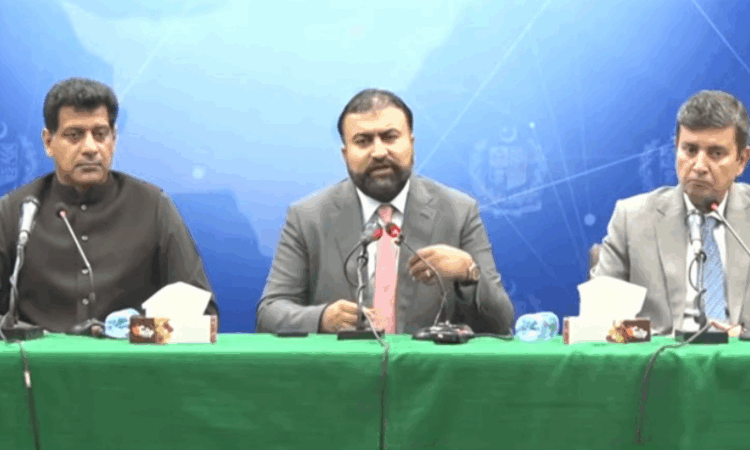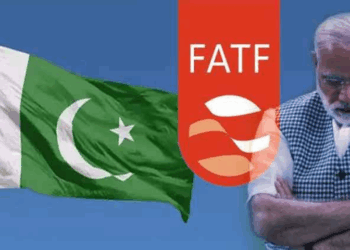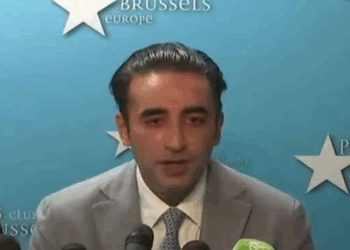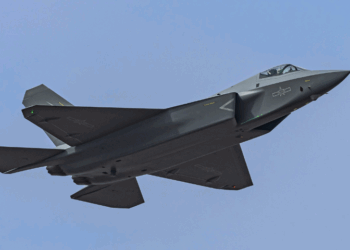Islamabad, June 5, 2025: Balochistan Chief Minister Sarfaraz Bugti on Thursday asserted that Pakistan is engaged in a full-scale “intelligence-driven war,” allegedly orchestrated and funded by India’s external intelligence agency, the Research and Analysis Wing (RAW), using proxy groups to destabilize the country.
Speaking at a press conference in Islamabad, Bugti said the surge in militant attacks in Balochistan was part of a coordinated campaign, with “RAW-funded proxies” aiming to undermine Pakistan’s internal security and economic progress. “This is a completely RAW-funded, intelligence-driven war against the state of Pakistan,” he said.
The security situation in Balochistan has worsened in recent months, with renewed attacks linked to a long-running separatist insurgency. Last month, Director General of Inter-Services Public Relations (ISPR), Lt Gen Ahmed Sharif Chaudhry, claimed that India had activated its covert networks after the Pahalgam incident to escalate cross-border terrorism, citing “irrefutable evidence” of direct involvement by Indian military personnel.
Bugti echoed these concerns, stating that Pakistan’s armed forces had decisively responded to Indian aggression, which he said had backfired. “The failure of Operation Sindoor ignited the Indian proxy campaign ‘Fitna ul Hindustan’,” he remarked, referring to a recent round of hostilities following a deadly attack in Indian-administered Kashmir, for which India blamed Pakistan without providing evidence.
The chief minister accused the Indian media of spreading false reports, including fabricated claims of an attack on Karachi port. During the press conference, he shared a video clip allegedly showing an Indian proxy agent discussing sensitive intelligence with what he claimed was a RAW handler. “The government has sufficient evidence against Fitna ul Hindustan, which will be revealed at the appropriate time,” Bugti stated.
He strongly rejected the association of militants with the Baloch identity. “These individuals have no connection to the Baloch culture. They are terrorists targeting innocent citizens and security personnel,” he said.
Responding to questions about potential military operations in Balochistan, Bugti said that while a large-scale campaign like those in Khyber Pakhtunkhwa was an option, the current focus remained on precise, intelligence-based kinetic operations. “If required, we will not hesitate to use the military,” he added.
He further claimed that the operational capabilities of terrorist groups had increased due to advanced U.S.-made equipment available on the black market and arms allegedly supplied by Indian intelligence. “The solution lies in small-scale, focused IBOs (intelligence-based operations),” Bugti reiterated.
Addressing the sensitive issue of missing persons, the chief minister acknowledged the complexity of the situation, noting that the discourse had often been politicized. “A narrative has been built around this issue. There are missing persons in KP as well, but the focus is only on Balochistan,” he said.
He distinguished between “enforced disappearances” and “self-disappearances,” stating that some individuals had voluntarily gone underground. Bugti highlighted new legislation introduced by the provincial government to establish rehabilitation centres aimed at de-radicalizing youth. These centres will be supervised by a high-powered board led by the Chief Justice of the Balochistan High Court and will allow family participation in the rehabilitation process.
“The state’s policy is clear: reintegration through political dialogue and legal reform, while remaining uncompromising against those who raise arms against the country,” he concluded.








